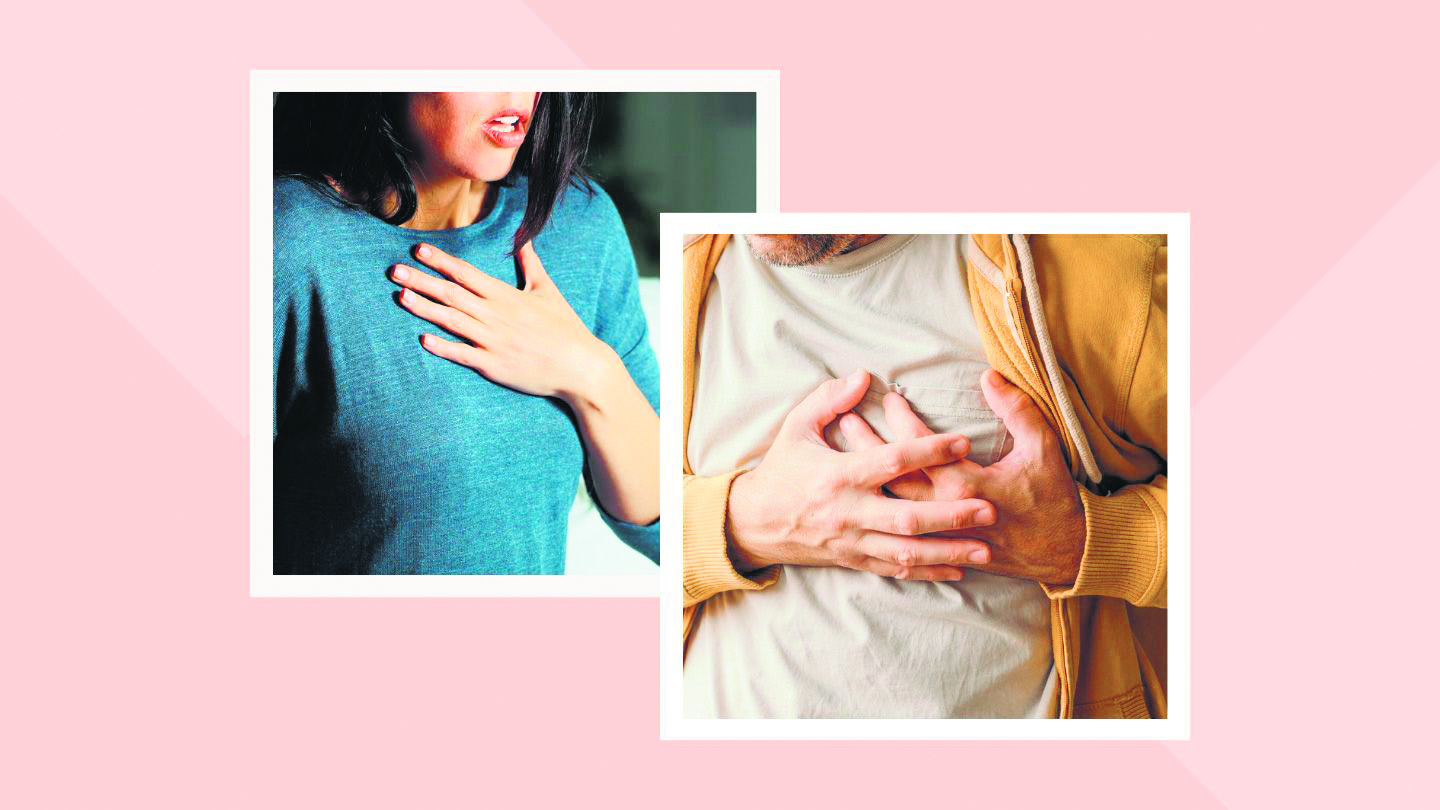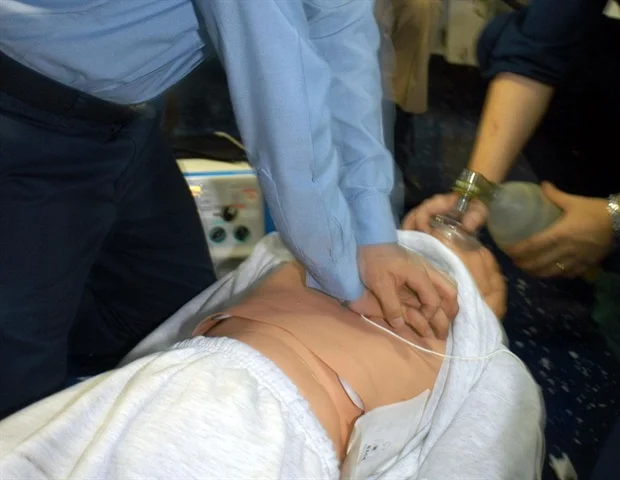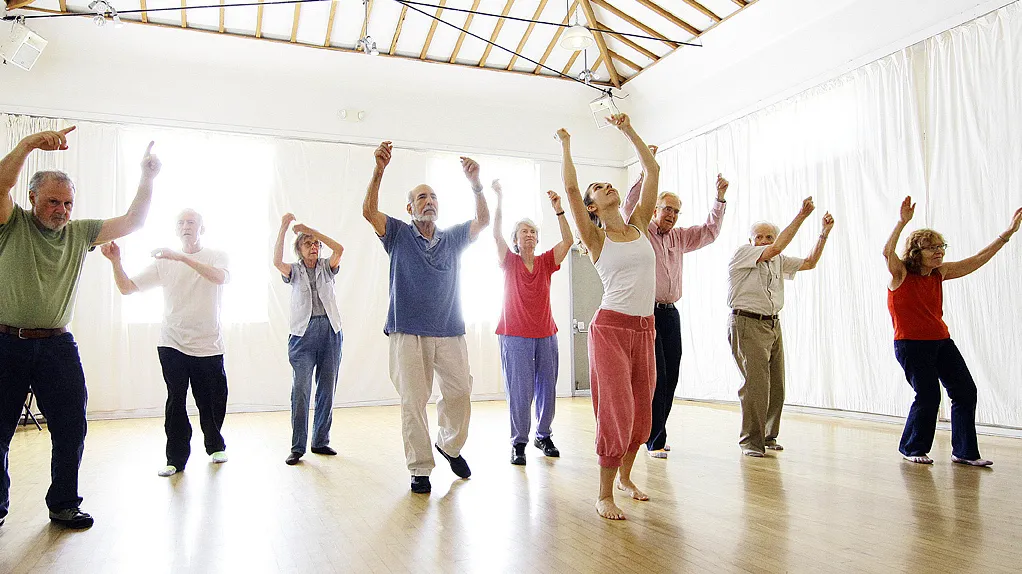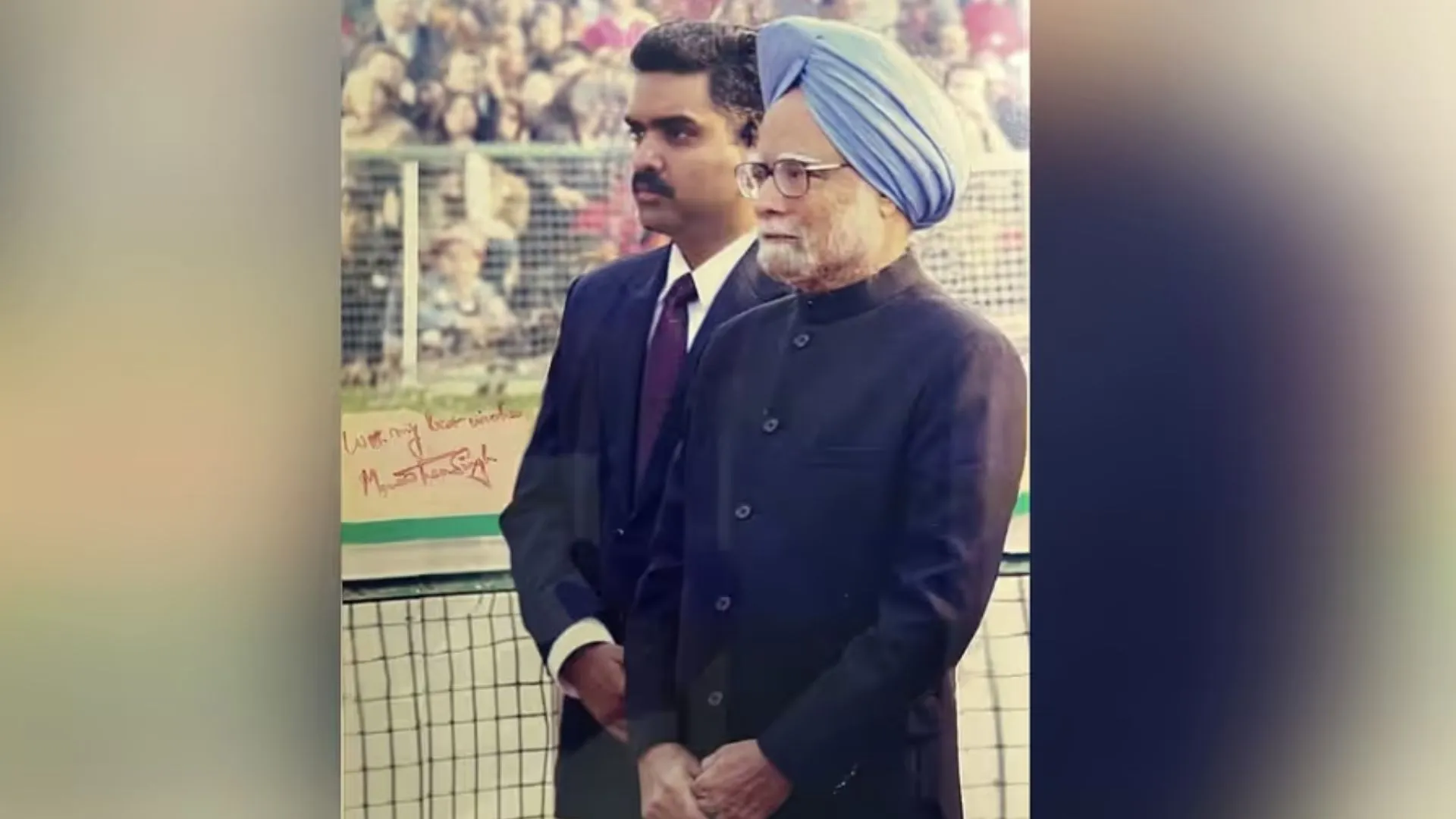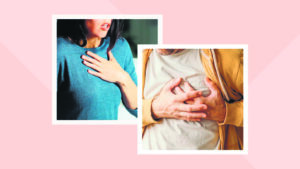Cardiac arrest is a critical medical emergency that can strike unexpectedly, with potentially life-threatening consequences. Being aware of the warning signs and symptoms can play a crucial role in timely intervention and life-saving measures. Studies have revealed that the symptoms differ in men and women and it is important to be aware of the warning signs to get the necessary medical assistance.
“Cardiac arrest, a life- threatening condition, often presents differently in men and women. While chest pain is a common symptom for both genders, women may experience subtler warning signs. Women frequently report symptoms such as nausea, shortness of breath, and unusual fatigue in the days or weeks preceding the event. Additionally, women are more likely to have atypical chest pain, often described as a burning or sharp sensation. On the other hand, men typically exhibit classic symptoms, including severe chest pain radiating to the arm or jaw.
These gender differences can complicate diagnosis and treatment. Therefore, it is crucial for healthcare professionals and the general public to be aware of these distinctions,” says Dr. Bharat Jain, a cardiologist at SRV Hospitals in Mumbai.
It is important to remember that there are a few common signs, such as chest pain or discomfort, during a heart attack. However, the following are some differences between men and women.
For Women
= Unusual Fatigue:
Women may feel weak or exhausted before, during, or after a heart attack or cardiac arrest.
Breathing Issues: Prior to or during a cardiac event, women may have trouble breathing or feel short of breath.
Vomiting or Nausea:
Nausea or vomiting may be a symptom in some women. =Pain in the Back, Neck, Jaw, or Stomach: In addition to the chest, women can experience pain or discomfort in the back, neck, jaw, or stomach.
Cold Sweats: Women experiencing a heart attack or cardiac arrest may experience cold sweats as a symptom.
For Men
= Men frequently experience the standard chest pain or discomfort associated with a heart attack, which can result in cardiac arrest.
Pain that Spreads to the Arm:
= In men, pain may spread to the right arm or, less frequently, the left arm.
=Men can also experience shortness of breath during a cardiac event, similar to women.
Vomiting or Nausea:
=Men can also experience nausea or vomiting as a symptom.
=Men may experience lightheadedness or even faintness during a heart attack or cardiac arrest.
It is also important to know that symptoms can vary from person to person, regardless of gender, and people might experience the above signs. Therefore, it is important to call for medical help when you experience even a slight discomfort. Every passing minute is crucial in lifesaving.
The author is an Intraventional cardiologist at Gangaram hospital New Delhi

